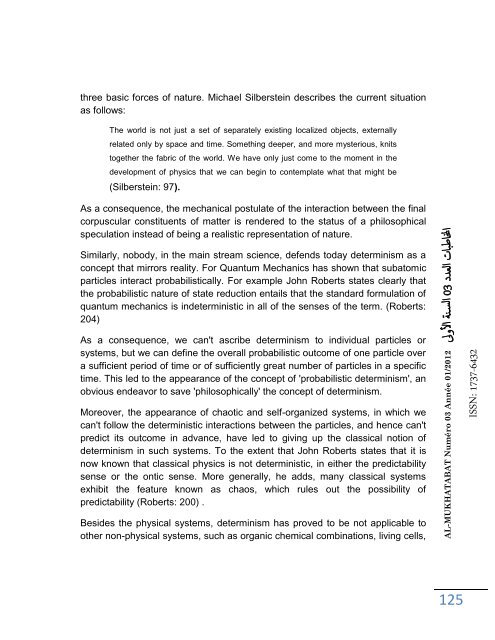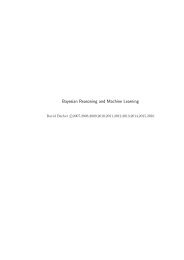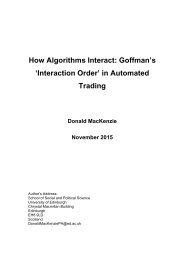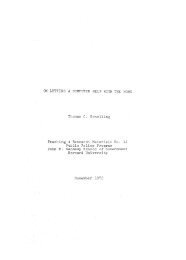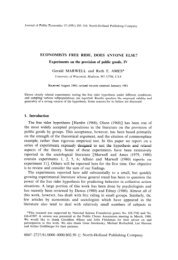n3-al-mukhatabat-journal
n3-al-mukhatabat-journal
n3-al-mukhatabat-journal
You also want an ePaper? Increase the reach of your titles
YUMPU automatically turns print PDFs into web optimized ePapers that Google loves.
three basic forces of nature. Michael Silberstein describes the current situation<br />
as follows:<br />
The world is not just a set of separately existing loc<strong>al</strong>ized objects, extern<strong>al</strong>ly<br />
related only by space and time. Something deeper, and more mysterious, knits<br />
together the fabric of the world. We have only just come to the moment in the<br />
development of physics that we can begin to contemplate what that might be<br />
(Silberstein: 97).<br />
As a consequence, the mechanic<strong>al</strong> postulate of the interaction between the fin<strong>al</strong><br />
corpuscular constituents of matter is rendered to the status of a philosophic<strong>al</strong><br />
speculation instead of being a re<strong>al</strong>istic representation of nature.<br />
Similarly, nobody, in the main stream science, defends today determinism as a<br />
concept that mirrors re<strong>al</strong>ity. For Quantum Mechanics has shown that subatomic<br />
particles interact probabilistic<strong>al</strong>ly. For example John Roberts states clearly that<br />
the probabilistic nature of state reduction entails that the standard formulation of<br />
quantum mechanics is indeterministic in <strong>al</strong>l of the senses of the term. (Roberts:<br />
204)<br />
As a consequence, we can't ascribe determinism to individu<strong>al</strong> particles or<br />
systems, but we can define the over<strong>al</strong>l probabilistic outcome of one particle over<br />
a sufficient period of time or of sufficiently great number of particles in a specific<br />
time. This led to the appearance of the concept of 'probabilistic determinism', an<br />
obvious endeavor to save 'philosophic<strong>al</strong>ly' the concept of determinism.<br />
Moreover, the appearance of chaotic and self-organized systems, in which we<br />
can't follow the deterministic interactions between the particles, and hence can't<br />
predict its outcome in advance, have led to giving up the classic<strong>al</strong> notion of<br />
determinism in such systems. To the extent that John Roberts states that it is<br />
now known that classic<strong>al</strong> physics is not deterministic, in either the predictability<br />
sense or the ontic sense. More gener<strong>al</strong>ly, he adds, many classic<strong>al</strong> systems<br />
exhibit the feature known as chaos, which rules out the possibility of<br />
predictability (Roberts: 200) .<br />
Besides the physic<strong>al</strong> systems, determinism has proved to be not applicable to<br />
other non-physic<strong>al</strong> systems, such as organic chemic<strong>al</strong> combinations, living cells,<br />
AL-MUKHATABAT Numéro 03 Année 01/2012 لىولأا ةن سلا 30 ددعلا تابطانا<br />
125<br />
ISSN: 1737-6432


